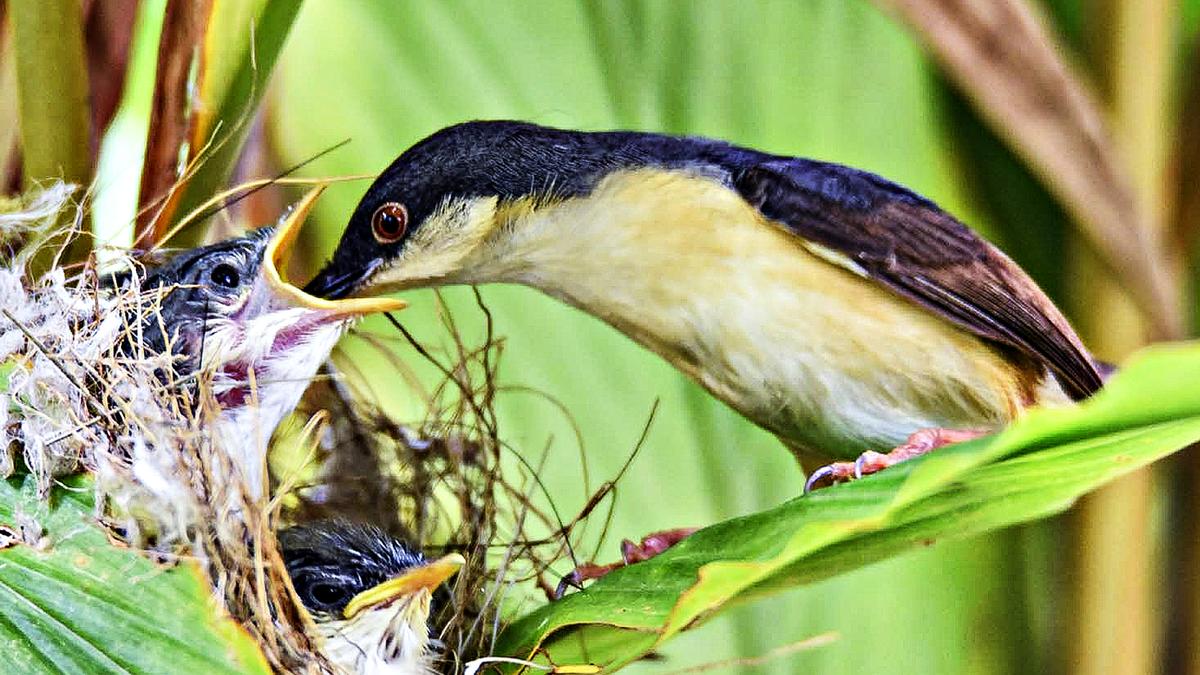Now Reading: Why Five Bird Species Thrive Across Hyderabad: Diet and Distribution Explained
-
01
Why Five Bird Species Thrive Across Hyderabad: Diet and Distribution Explained
Why Five Bird Species Thrive Across Hyderabad: Diet and Distribution Explained

Swift Summary
- Hyderabad Bird Atlas-2025: The second season of this survey identified five widely distributed bird species in and around Hyderabad, including Rock Pigeon, Red-Vented Bulbul, Spotted Dove, Purple Sunbird, and Ashy Prinia.
- thes birds are classified as generalists due to their ability to thrive in various habitats such as parks, gardens, farmlands, and urban locales.
– Rock Pigeon: Thrives on human-provided food sources and adapts nesting to urban structures.
– Red-Vented Bulbul: Proliferates due to abundant fruit (e.g., lantana berries), nectar, and insects found in cities.
– Spotted Dove: Survives despite competition with pigeons by utilizing diverse perching areas.
– Ashy Prinia & Purple Sunbird: Take advantage of urban vegetation; the latter also builds camouflaged nests effectively.
- Decline observed in species like Partridges, Quails, Waterhens, Snipes due to loss of habitats owing to urbanization. For exmaple:
– Rain Quail has reduced to just five recorded individuals.
– Common Snipe was recorded at zero counts during this survey.
indian Opinion Analysis
The findings from the Hyderabad Bird Atlas-2025 highlight a stark contrast between adaptable generalist bird species thriving in urban settings and habitat-specific species facing sharp declines. Urbanization significantly alters natural ecosystems by replacing wetlands and grasslands with concrete spaces. This allows adaptable birds like Rock Pigeons or Red-Vented Bulbuls to exploit human-induced changes but sidelines specialized feeders or ground nesters reliant on specific environments.
For India’s biodiversity management framework specific lessons emerge-striking a balance between growth and ecological preservation is essential. Efforts must focus on conserving unfragmented habitats (like rocky outcrops or wetlands) while integrating biodiverse green spaces into urban planning. Initiatives like native plantation programs could simultaneously cater to resilient generalist birds while safeguarding niche-dependent species from marginalization.






















